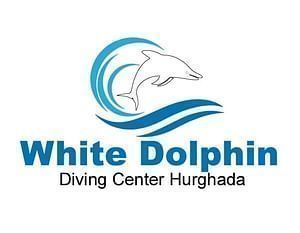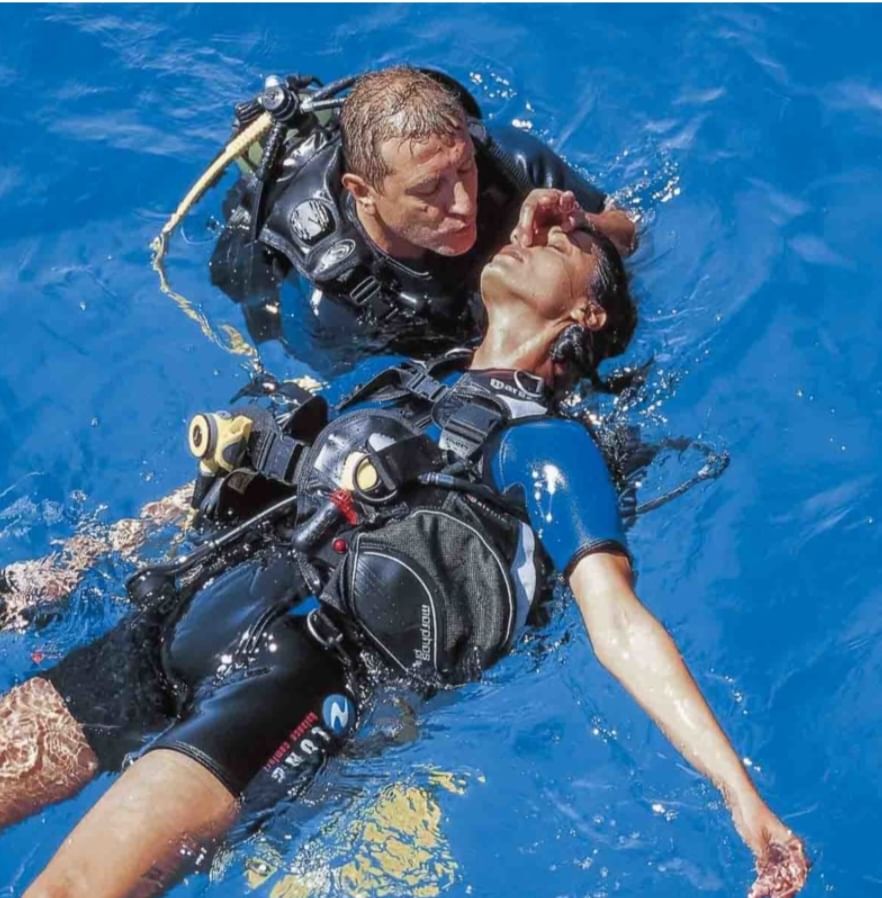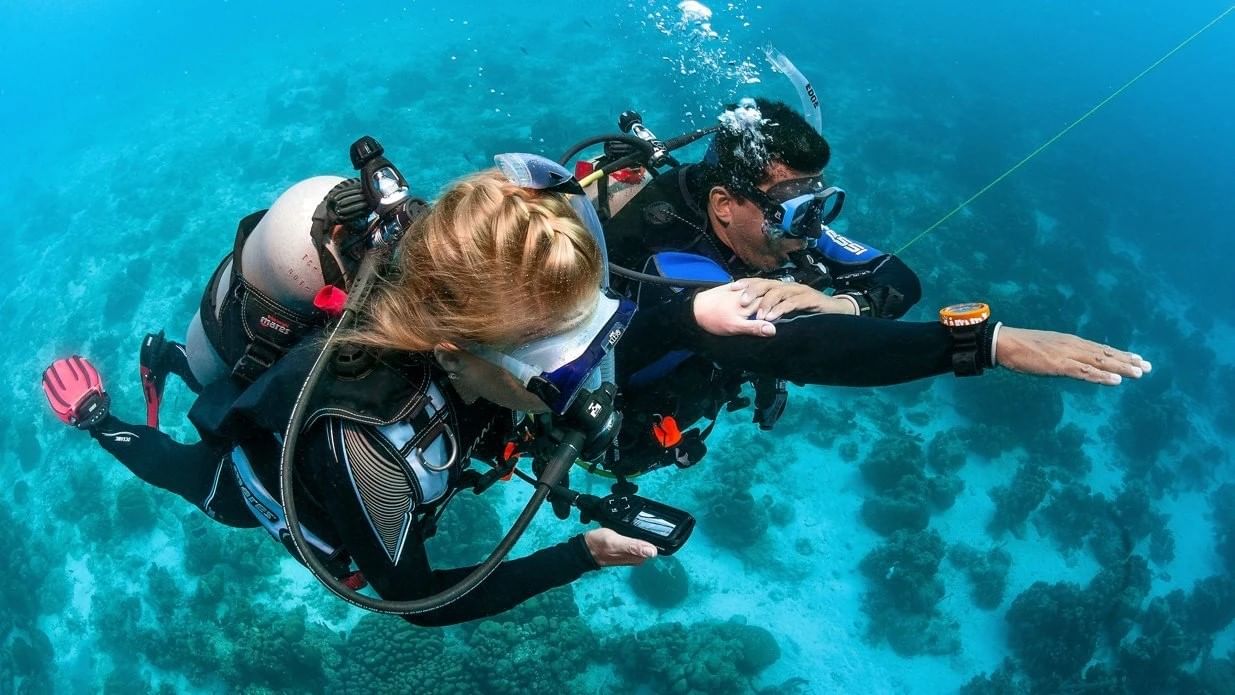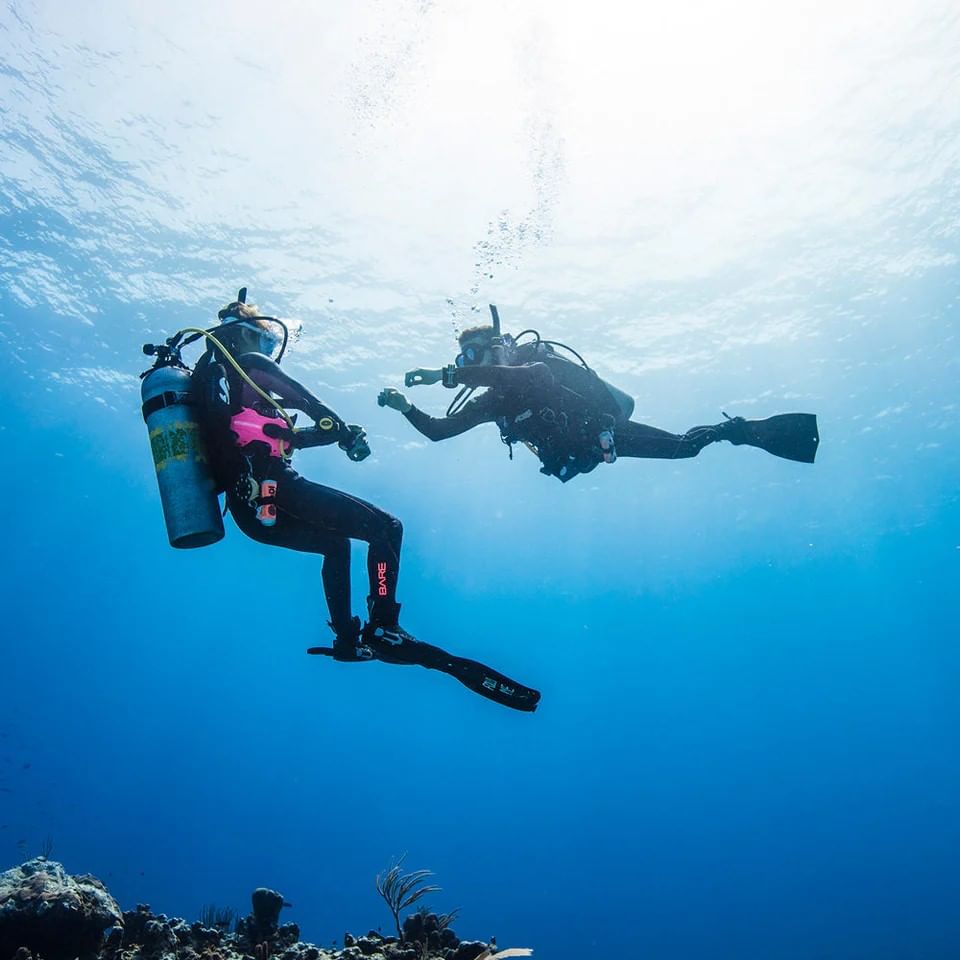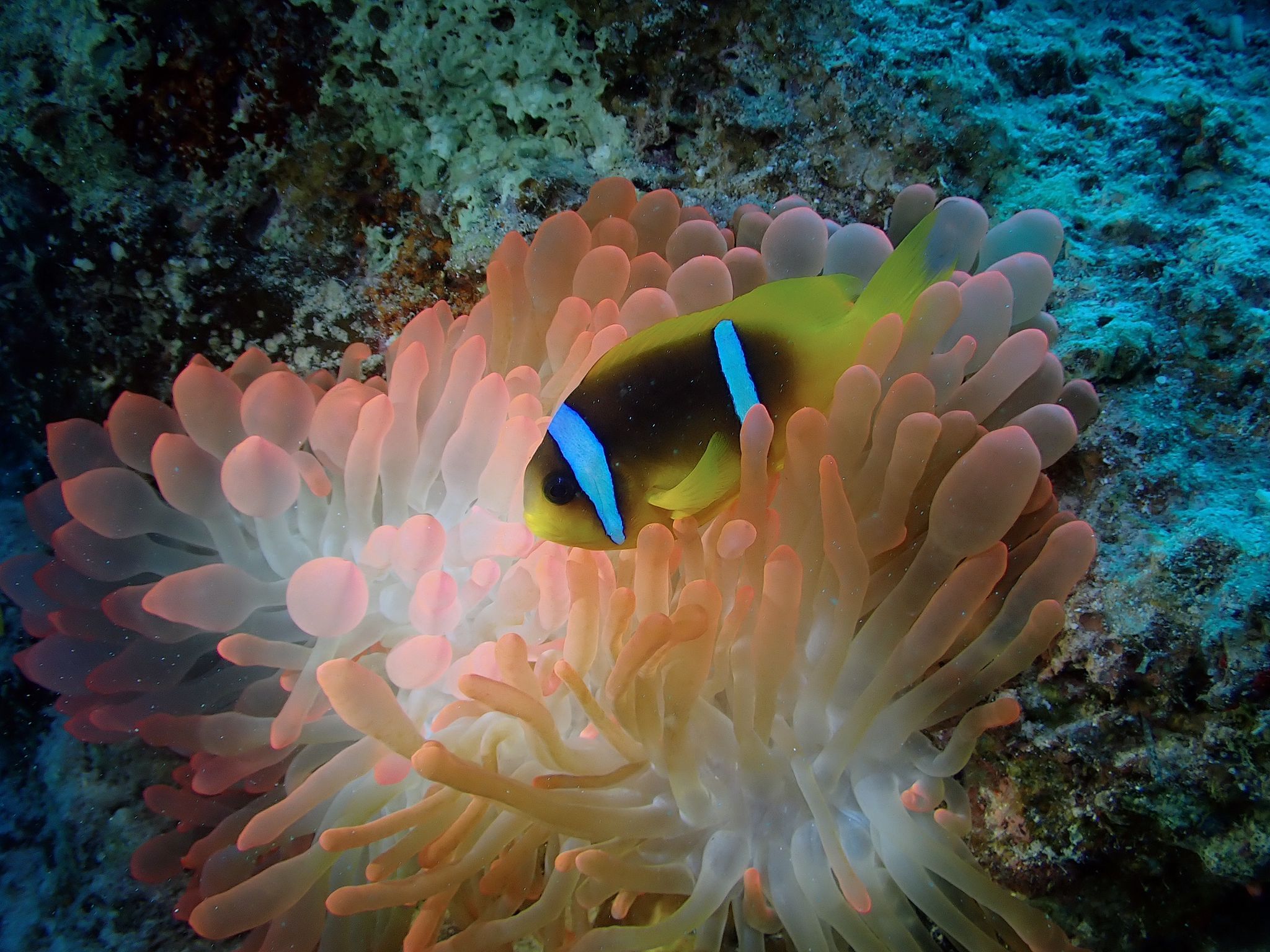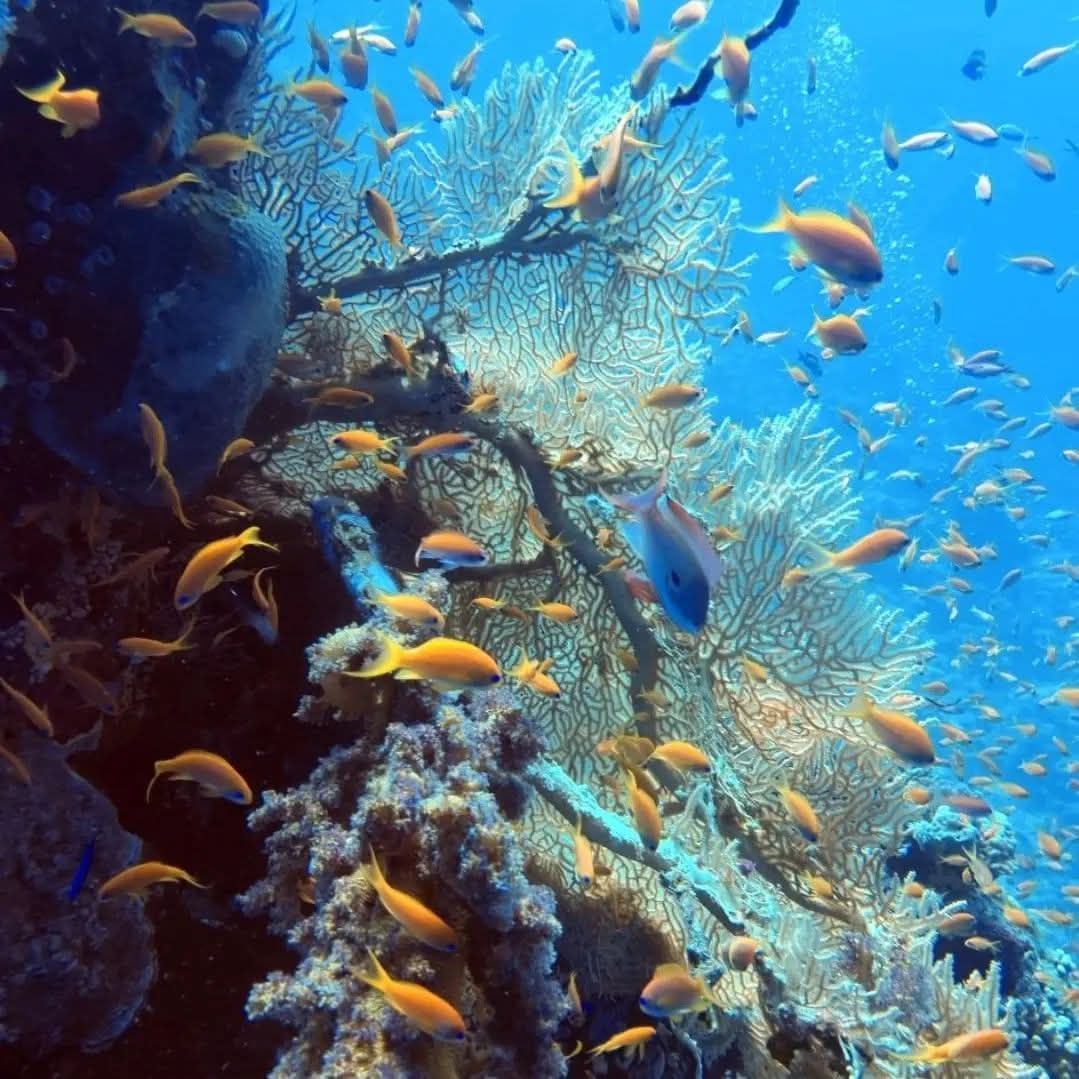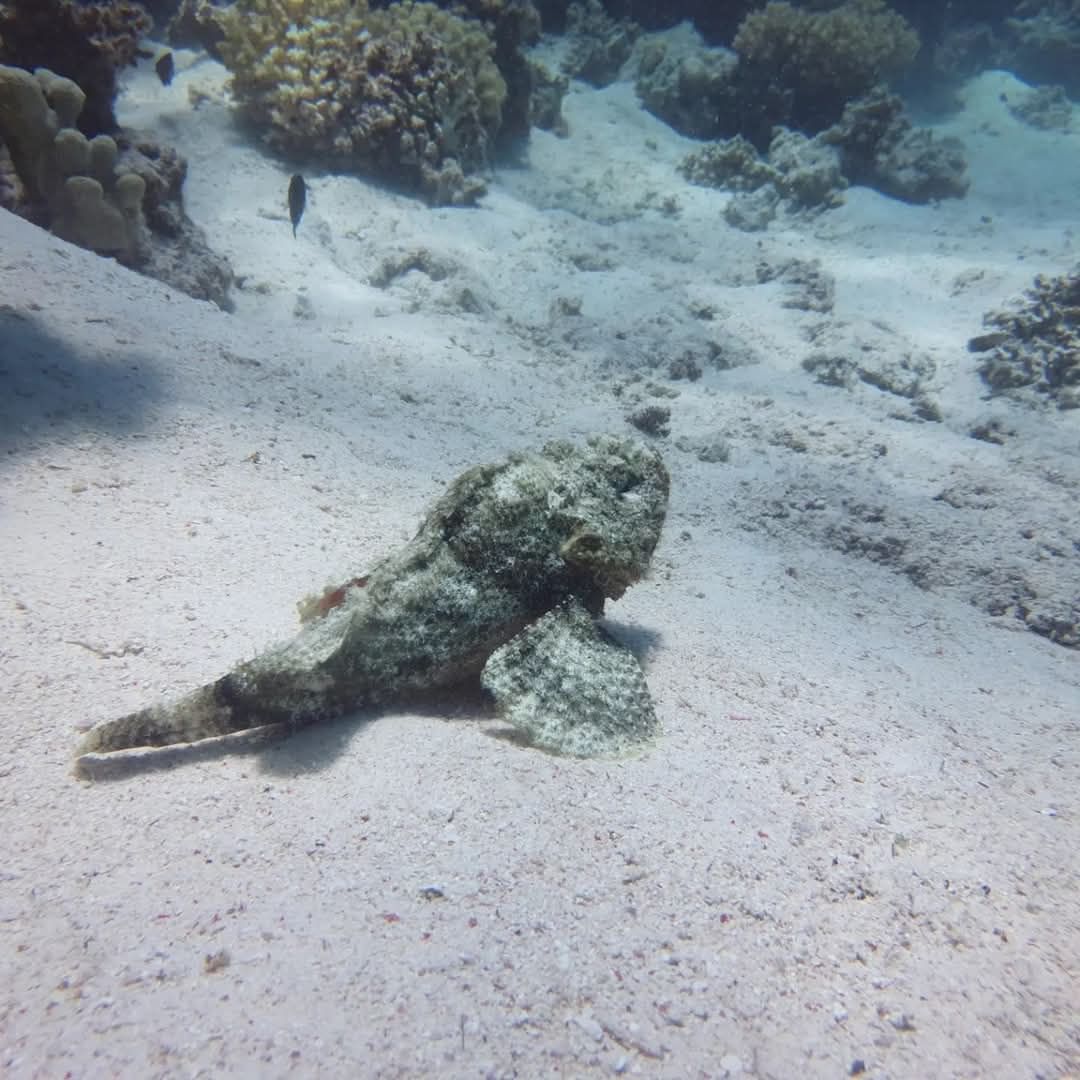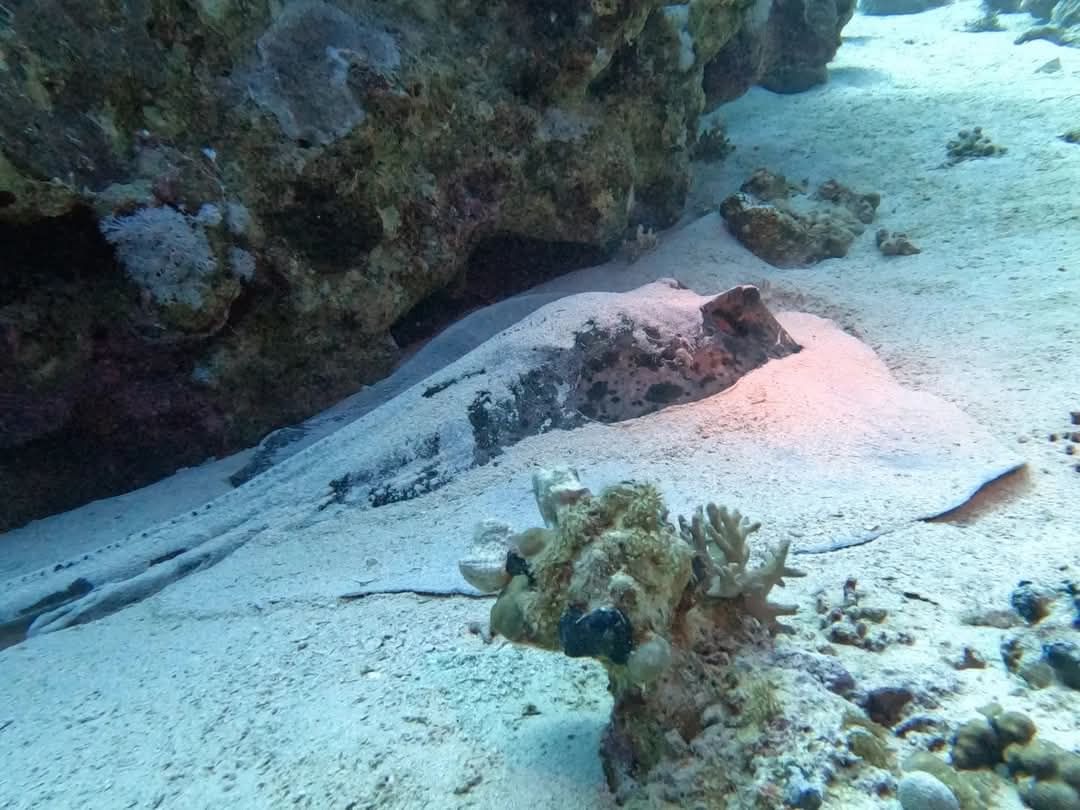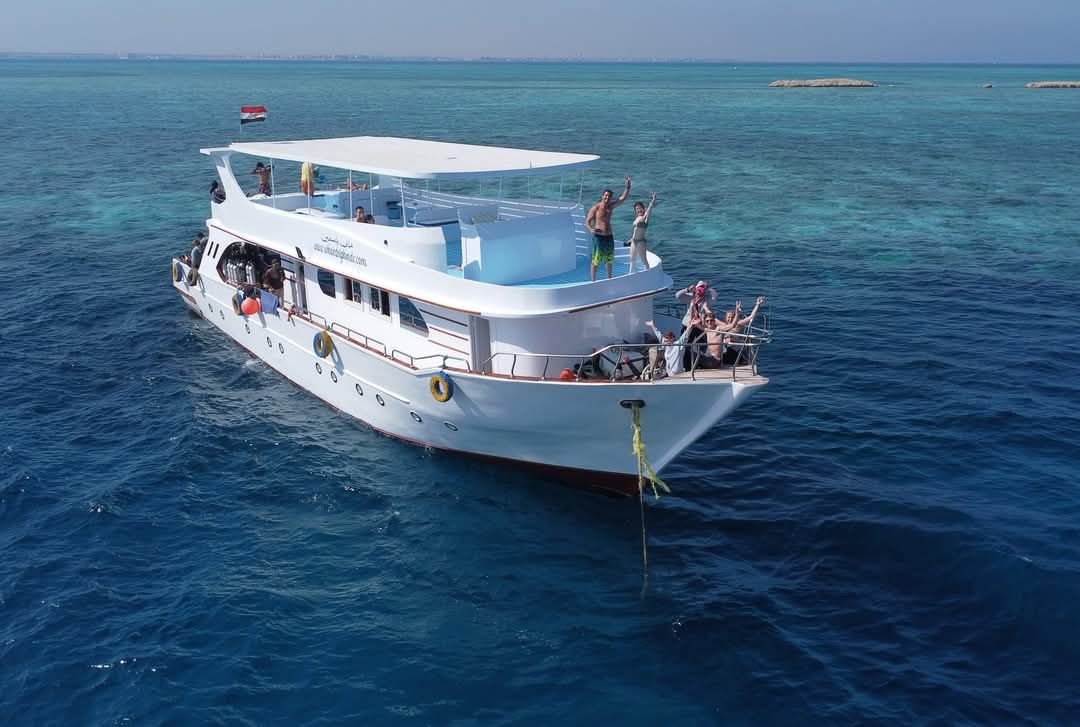Hurghada: PADI Rescue Diver Course, 3 days incl. Lunch, Drinks and Transfer
Become a safer and more confident diver with the PADI Rescue Diver Course. Learn essential rescue skills, emergency management, and how to assist divers in need.
The PADI Rescue Diver Course is a vital step in your diving education, teaching you to prevent and manage diving emergencies. Often described as the most rewarding and challenging course, it builds confidence and equips you with practical rescue skills.
Course Highlights:
- Learn how to identify potential problems before they happen.
- Gain hands-on experience managing diver stress and emergencies.
- Master self-rescue techniques, diver assists, and underwater search procedures.
- Work with a PADI-certified instructor to practice skills in realistic scenarios in confined and open water.
The course combines eLearning theory and in-water practice at stunning Red Sea dive locations. By the end, you'll have the knowledge and confidence to act effectively in diving emergencies and help other divers.
